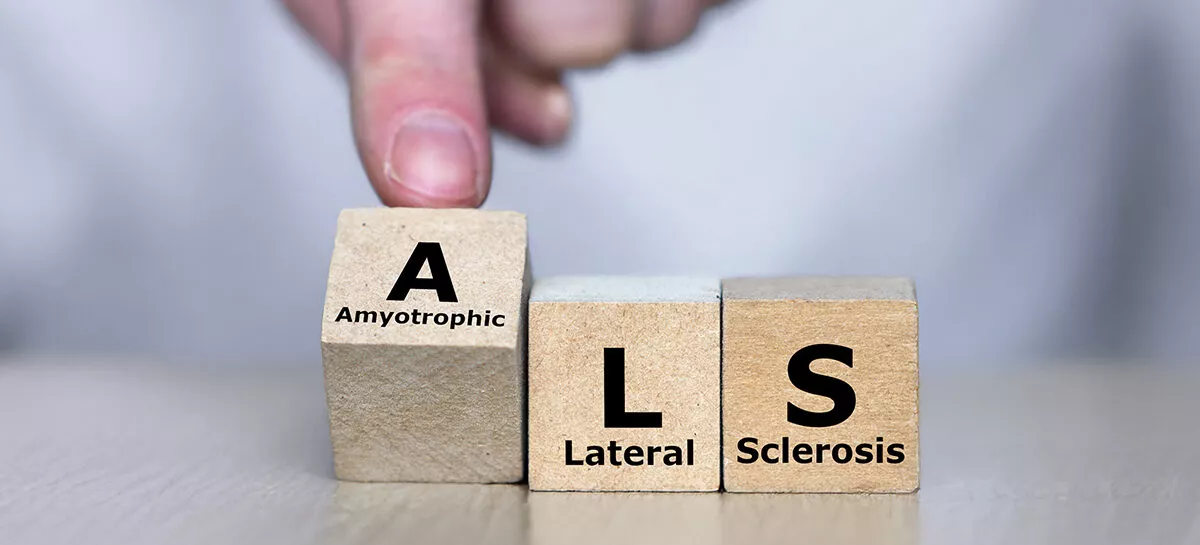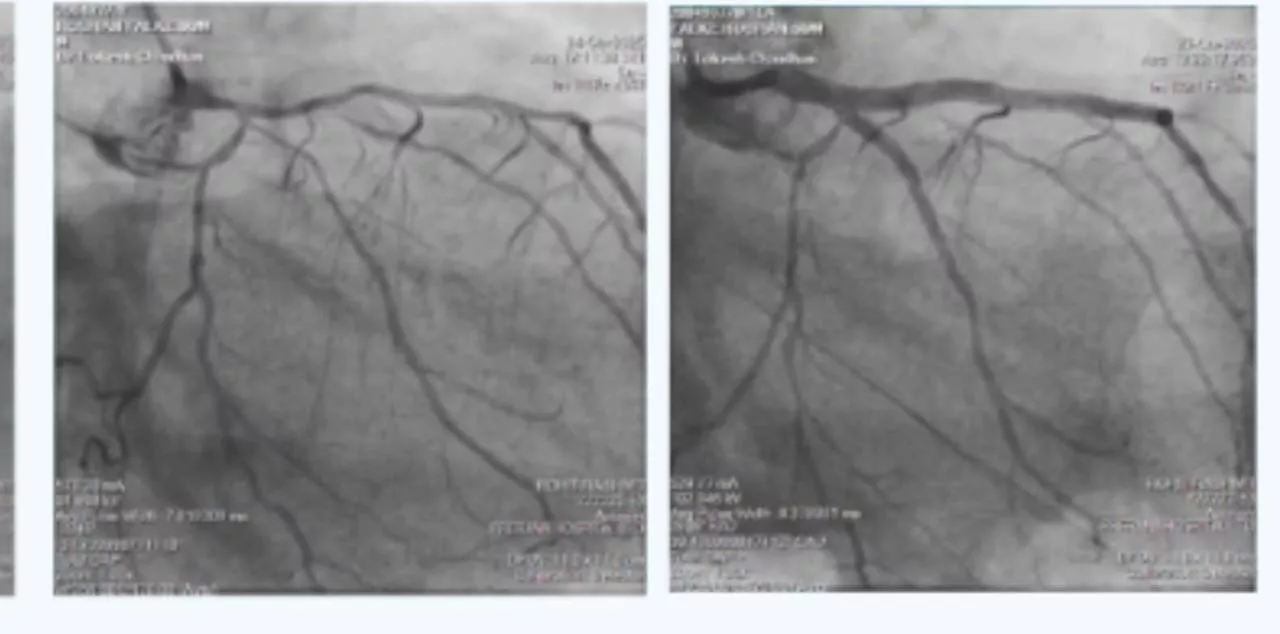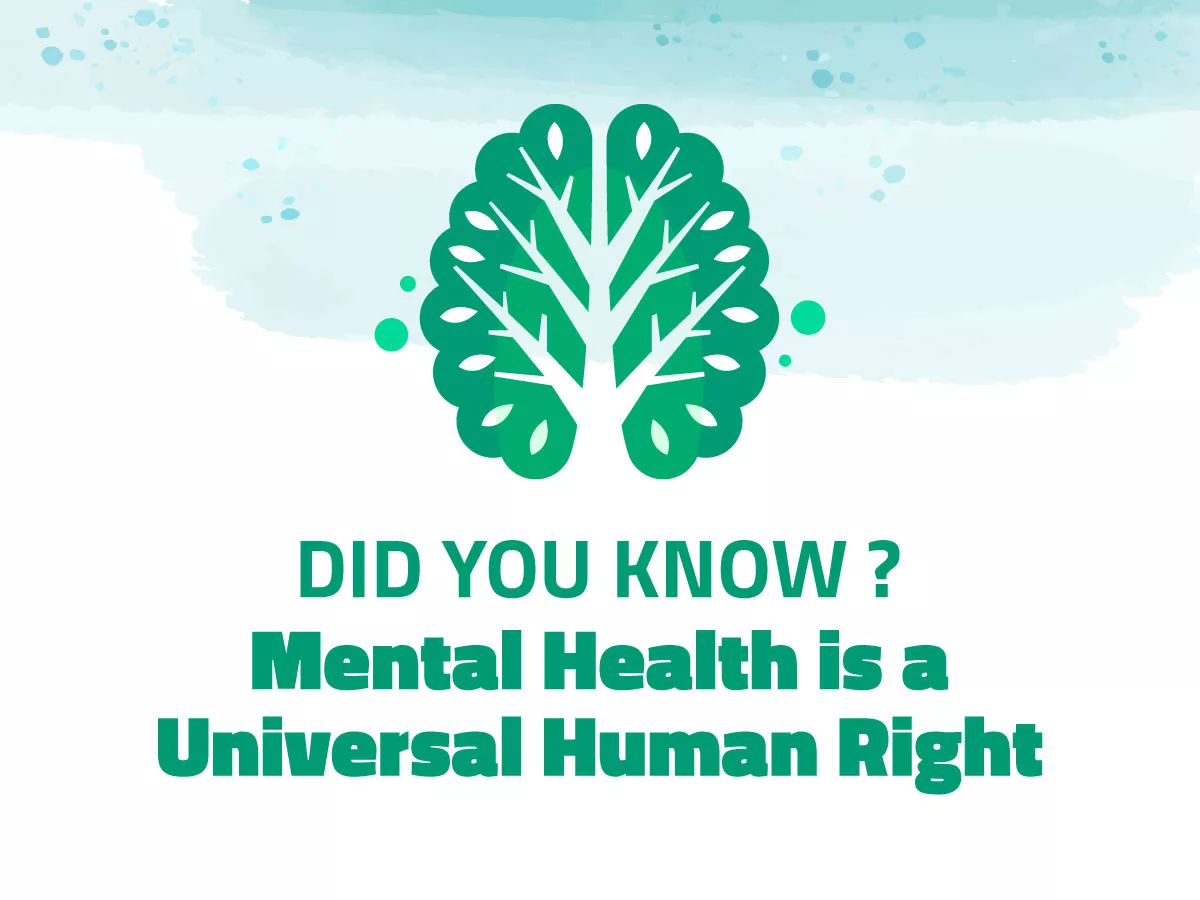Bipolar Disorder can cause severe disruptions to an individual's life, but the impact varies from person to person. People with this disorder experience inconsistent and unpredictable levels of energy, activity and the ability and willfulness to carry out day-to-day tasks. An individual with this the disorder can feel euphoric, active and high at a one time and suddenly switch to feelings of extreme melancholy and depression.
The best neurologist in Kochi says that if this is left undiagnosed and untreated, it may adversely affect relationships, career and academic and other performance. Though cases exist, this mental health condition is very well treatable and manageable just like diabetes and hypertension.
It is common knowledge that people without Bipolar Disorder experience mood fluctuations as well. However, these changes in mood, thoughts and feelings typically last hours rather than days and weeks. Moreover, these changes are not accompanied by an extreme degree of behaviour change, difficulty with social interactions or strenuous involvement in everyday activities that individuals with Bipolar Disorder express during mood episodes.
What is Bipolar Disorder?
Bipolar Disorder, also known as manic-depressive illness, is a brain disorder that alters a person's mood, energy and ability to function. A leading neurologist from Aster Medcity, Kochi, explains that patients with Bipolar Disorder experience mood episodes that typically last up to weeks. During this distinct period, the person may encounter varying degrees of intense emotional states that are categorised as manic or hypomanic (happy or irritable) and depressive (sad).
Studies and research conducted over the years are testaments that receiving appropriate treatment and support will assist individuals with this illness to lead full and productive lives.
How does Bipolar Disorder occur?
Over the years, many studies and much research have been conducted on a global level to determine the cause of this illness. Patients with this disorder experience chemical imbalances in the brain, but the link remains uncertain.
Experts suggest that Bipolar Disorder is characterised by alternating episodes of mania, hypomania and depression. Patients with this disorder ride waves of mania and depression quite dramatically. While the mood episodes may be severe, the person may experience and showcase a healthy disposition between them.
It is interesting to note that the first episode in men tends to be manic, while women are more likely to face a depressive episode.
For the uninitiated, this mental illness can be categorised into three types – Bipolar I Disorder, Bipolar II Disorder and Cyclothymic Disorder.
A brief look at the types of disorders
Bipolar I Disorder: The patient experiences alternating patterns of mania and depression. The manic episodes last for at least 7 days, and the depressive episodes last at least 2 weeks. These mood episodes are paired with abnormal behaviour that disrupts life.
Bipolar II Disorder: Similar to Bipolar I Disorder, patients suffering from this illness experience mood changes. In this case, the person experiences a less-intense elevated mood called hypomania. These hypomanic episodes are followed by depressive episodes.
Cyclothymic Disorder: Patients diagnosed with Cyclothymia experience hypomanic and depressive episodes that last for 2 years. In children and adolescents, these episodes last for up to 1 year.
What are the causes of Bipolar Disorder?
Even years of dedicated studies and research couldn't determine one particular cause for this mental illness. Some of the best neurologists in Kochi believe that several interacting factors could be at play; however, they have not been corroborated.
Some of these factors include heredity parameters, chemical imbalances, hormonal imbalances, sudden trauma, abuse and acute stress among others.
Who is at risk of Bipolar Disorder?
People who can be at risk of Bipolar Disorder include those with Cyclothymia, a family history of the illness, traumatic experiences, prolonged stress, abusive events and those diagnosed with depression.
What are the symptoms of Bipolar Disorder?
Depending on the type, the symptoms of the illness can vary from person to person.
Symptoms of mania and hypomania: Feelings of euphoria; abnormally upbeat; increased energy, activity or agitation; overconfidence and exaggerated sense of well-being; and being unusually talkative among other.
Symptoms of depression: Insomnia or excessive sleeping, hyper-anxiety, melancholic mood, loss of appetite and interest and overpowering guilt or thoughts of suicide.
Other symptoms: Disorganized behavior, excessive anger, a tendency to self-harm, agitation and lack of concentration.
How is Bipolar Disorder diagnosed?
If a patient is suffering from Bipolar Disorder or other illnesses, then they can book an appointment with one of the best neurologists in Kochi to get advanced treatment. The person must also meet the criteria for mania, hypomania and depression, including but not limited to euphoria, high energy levels, irritability and extreme sadness.
Family, friends and colleagues can help by relating instances of the person’s moods and behaviour. The psychiatrist will look into the patient's history to prevent a misdiagnosis.
Tests and examinations will be conducted to rule out other causes of manic and depressive episodes, such as drug and alcohol abuse.
What is the treatment for Bipolar Disorder?
Although Bipolar Disorder is incurable, it is manageable through medications; therapies such as behavioural therapy, interpersonal therapy and cognitive therapy; and exercises.
These treatments will help control the patient's manic, hypomanic and depressive states.
If left undiagnosed and untreated, Bipolar Disorder can lead to complications especially in social life cases and other relationships. Bipolar disorder is one of the common causes of suicide especially in young age groups.
such as psychosis, migraines, eating disorders and attention-deficit/hyperactivity disorder and may even lead to death by suicide.
With proper treatment and guidance, a person with Bipolar Disorder can lead a healthy and happy life.









